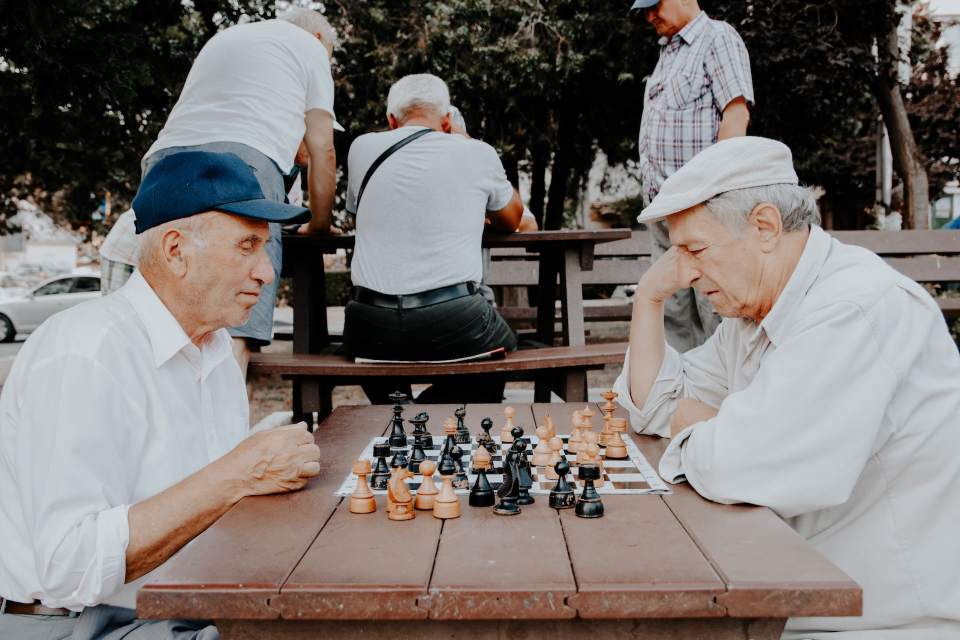Aging and Isolation: How to Prevent Loneliness
When you think about getting older, your first thoughts may be based on fear and dread. For example, you may have concerns regarding rising healthcare costs, physical ailments, slowing down, losing loved ones, or getting left behind from the metaphorical rivers of life. However, while those concerns are real and important, elderly people often develop full, meaningful, and fun lives. One of the key strategies to creating an abundant and fulfilling life as we age is to navigate isolation and, therefore, loneliness. While we can’t skip the natural ebb and flow of life’s highs and lows, we can safeguard ourselves from loneliness by making intentional choices. Ways to Guard Against Loneliness as You Approach Aging First, the most important way to prevent loneliness involves surrounding yourself with meaningful relationships. This may mean looking at your current relationships to see if they are serving you well, or even considering moving closer to family and friends. It may also mean moving to a community where there are many others in your age range. To form friendships and relationships that are meaningful and that can stand the test of time, it’s important to make sure you know how to build new ones. So, before you make any sweeping changes in your geography, ask yourself these questions: Am I around enough people I enjoy and with whom I could begin new friendships? Do I like the people I’ve surrounded myself with? Are the people in my everyday life leading a lifestyle that allows for hobbies and time with friends or are they too busy? If my top two friends right now were to move away or, sadly, pass away, would I have others nearby with whom I could deepen friendships or familial relationships? Are there community resources where I can turn to make [...]





